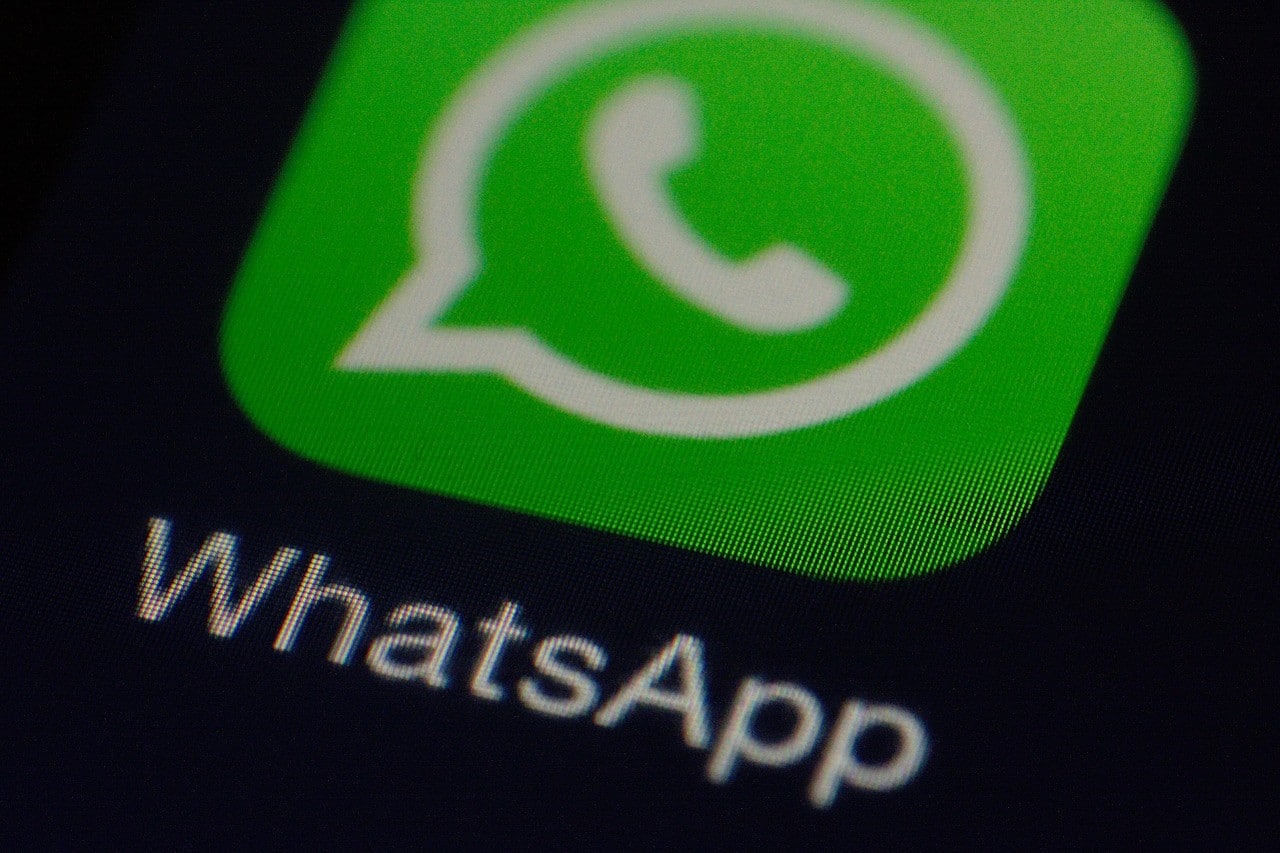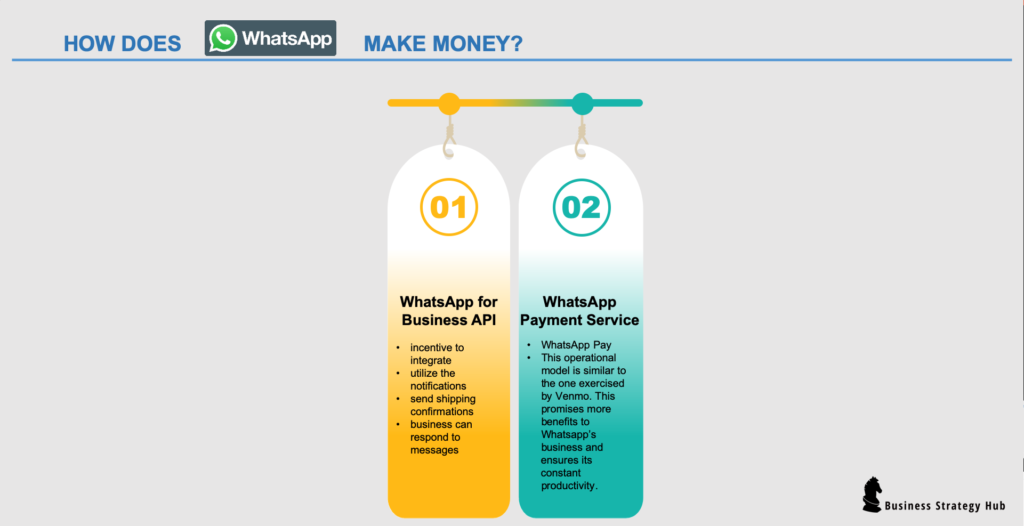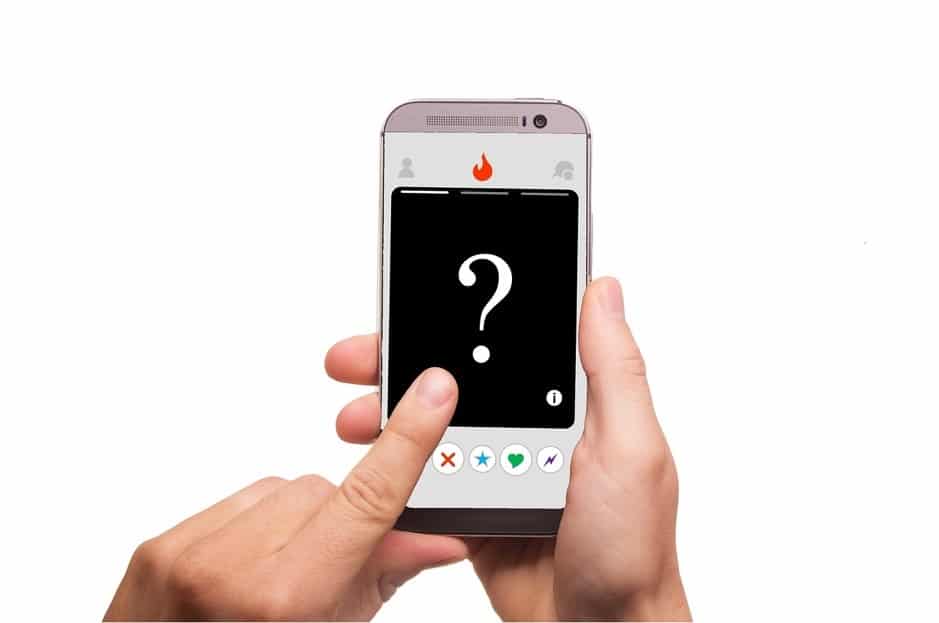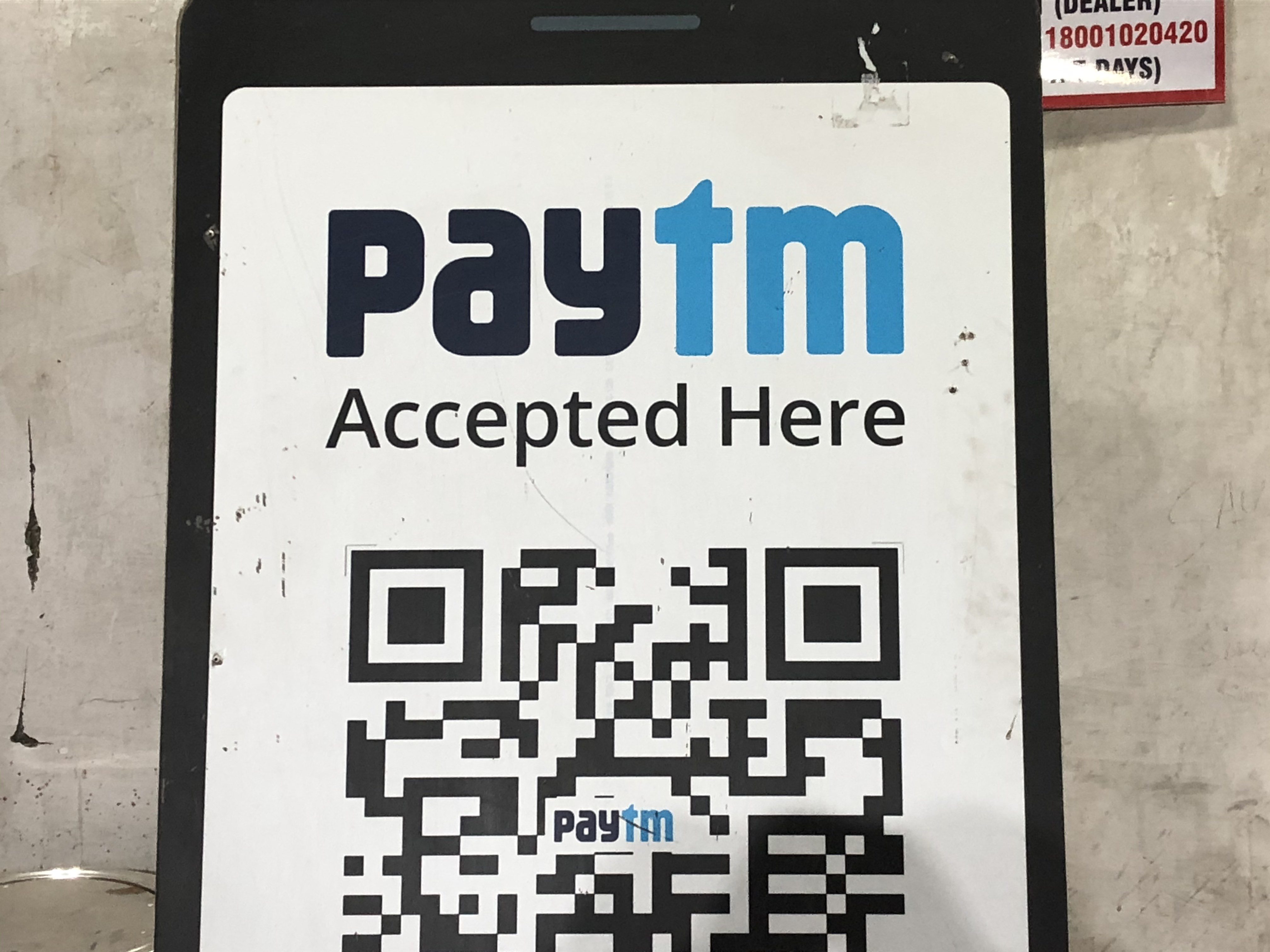Last updated: March 21, 2020
Company: WhatsApp Inc (a subsidiary of Facebook Inc.)
CEO: Jan Koum
Year founded: 2009
Headquarter: Menlo Park, California, USA
Number of Employees (2018): 200
User base (2019): 1.5 Billion
Products & Services: Whatsapp Health Information | Whatsapp Political Updates |Whatsapp Business | Whatsapp Job Alerts | Whatsapp Local News
Competitors: Hike | Facebook Messenger | Line | BBM | Telegram | Viber | WeChat | Skype | Google Allo | KakaoTalk
Whatsapp was conceived primarily to become the better alternative to SMS text messaging. So far, the strategy proved effective as the new app became viral and became the go-to for many mobile users who were attracted to its convenient cross-platform messaging. In the case of this app, communication has no limitations. It has maintained a global connection service where users do not have to pay for the texts send and receive.
All the app requires is an Internet connection to ensure that the messaging transfer takes place.
WhatsApp’s revenue is not earned through advertisements. It focuses mostly on accelerated user experience.
Whatsapp revenue model is discussed in detail below that will tell you how does Whatsapp make money?
WhatsApp Business
Whatsapp was acquired in 2014 by Facebook for $19 Billion, which paved the way for newer applications to be unveiled for its platform. Apart from its user data generation strategy, Facebook has launched many new strategic plans for Whatsapp especially in terms of expanding its revenue model.
One of these plans includes the Whatsapp Business application that allows users to create their own businesses and cement its established presence.
They have the ability to become a verified business on its platform.
The business can expand its influence by setting up important links to their social media sites or profile sites. They can even link their own numbers with Whatsapp and integrate it with their API. Small businesses can utilize the Whatsapp Business Application as it is free to download currently.
Earlier Revenue Generation Strategy
- WhatsApp garnered their initial funding of $250K from ex-Yahoo! Friends.
- They were eventually granted co-founder status.
- Sequoia Capital invested about $60 million and delivered the second and third round of funding to WhatsApp.
- Sequoia Capital’s investment turned out to be the primary source of income for WhatsApp’s 50 staff members.
- Although they set the cost of sending verification codes to many users, WhatsApp did not utilize much expenditure in running that specific application. WhatsApp ultimately decided to wave off their $1 subscription fees.
- The founders of WhatsApp were hoping to strategize the brand as an instant messaging application and capitalize on the network effect that would be emitted by the application. This was basically a strategy where a network was created first, and money was made
- This proved to be an effective course of action for WhatsApp. It piqued the interest of Facebook founder Mark Zuckerberg to woo the platform for two years before it was acquired by his site for $19 Billion in 2014.
- Many of WhatsApp’s employees were then moved to Facebook payrolls. One of them included Koum who now operates as a part of Facebook’s board. The strategy to expand its network first worked very well for the company.
Current Revenue Generation Strategy
1. WhatsApp for Business API
- Whatsapp became more proficient in its business expansion with the inception of its most robust revenue earning product known as Whatsapp Business API.
- The new product provides businesses with an incentive to integrate their Whatsapp in their systems and utilize the notifications from the product to reach out to a new customer base.
- The company, however, has since decided to restrict its ability to send messages to prevent ad spams. Business is only required to send messages to people known to them beforehand or have contacted them first.
- The API will prove useful for them in this regard as it helps them send shipping confirmations or provide their customers with event tickets. Some of the more notable events include BookMyShow in India.
- Whatsapp decided to pursue a strategic framework to generate revenue from this API. It began to charge companies for slow replies.
- In simple terms, this means that business can respond to messages within 24 hours for free.
- However, they will, in fact, have to pay after those 24 hours for every message being sent.
- The fee is usually fixed but can vary for different countries. Business can reply manually utilizing apps like Twilio, Zendesk or MessageBird.
Understandably, you might come to the conclusion that WhatsApp for Business application is always available for businesses if they prefer to reply late to their customers. While this may sound like the obvious solution, it is not compatible with companies that deal with millions of users.
Plus, you will require a new number to install the API. It cannot be used on any numbers that already has its own WhatsApp.
Customers that are currently using WhatsApp for their business are:
- Booking.com
- Make my trip
- Uber
- Wish
- Ifood
- Singapore Airlines
- KLM
- Melia Hotels
- Bank BRI and more
2. WhatsApp Payment Service
- WhatsApp Pay – WhatsApp introduced its payments option in their application that would enhance its marketing position. This would make WhatsApp a preferable option for users should they wish to send their money.
- This operational model is similar to the one exercised by Venmo. This promises more benefits to Whatsapp’s business and ensures its constant productivity.
Future Revenue Generation Strategy
- Copy Snap Chat’s Revenue model
- WhatsApp chose to adopt some of Snapchat’s features (like disappearing messages) in order to become more viable in the marketing industry. It was also their strategy to steal a good chunk of Snapchat’s customer base.
- Since then, Whatsapp has been preparing to copy Snapchat’s revenue earning model as well. WhatsApp plans to produce features that utilize videos, texts, and photos to promote their company.
- Display Advertisements – The Economic Times reported that WhatsApp plans to showcase targeted advertisements on the “Status” section of the app
WhatsApp Revenue Projections
According to Forbes, WhatsApp with 1.5 billion users can generate about $5- $15 Billion annually in the near future.
This analysis is based on the comparison with WeChat, a Chinese messaging service with over 1 Billion users generated $800 Million in 2017.
In Conclusion
The current Whatsapp business models have proven to be productive for its platform for the long term. It adopted some models and originated some of its own to generate a substantial profit.
Is acquisition by Facebook has nearly immortalized its longevity?
The app has proven to be convenient and popular for many of its users and is most certainly going to undertake some evolutionary as well as adaptable changes to sustain its momentous growth.













I actually liked this one. Keep up the work